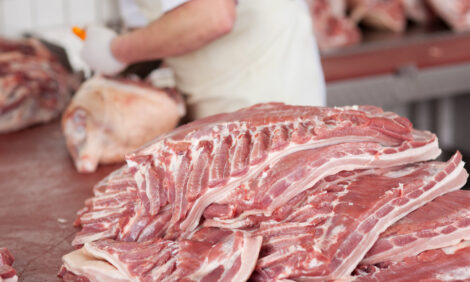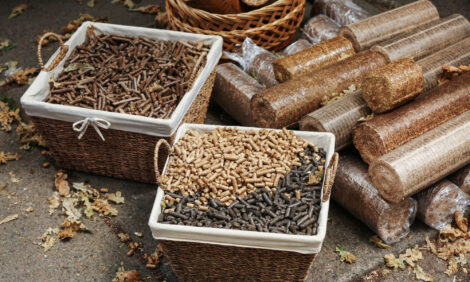



Exposure to Pigs and Manure Associated with MRSA Infections
US - Researchers from the Johns Hopkins Bloomberg School of Public Health have for the first time found an association between living in proximity to high-density livestock production and community-acquired infections with methicillin-resistant Staphylococcus aureus, commonly known as MRSA.Their analysis concluded that approximately 11 per cent of community-acquired MRSA and soft tissue infections in the study population could be attributed to crop fields fertilized with swine manure. The study is the first to examine the association between high-density livestock operations and manure-applied crop fields and MRSA infections in the community.
The results were published online September 16 in JAMA Internal Medicine.
According to the US Food and Drug Administration, nearly 80 per cent of antibiotics in the United States are sold for use in livestock feeds. The manure produced by these livestock and applied to crop fields contains antibiotic-resistant bacteria, resistance genes, and about 75 per cent of the antibiotics consumed by the animals.
For the study, researchers identified patients with MRSA infections and skin and soft tissue infections reported in electronic medical records provided by Geisinger Health System. The two case groups were compared to patients who never had a MRSA infection. Patients received an exposure score based on their distance from the production, the number of animals at livestock operations, the amount of manure spread on crop fields, and the size of the field.
The researchers noted that between 2005 and 2010 there were about 3,000 patients with MRSA and 50,000 with skin and soft tissue infections who were diagnosed and treated in the Geisinger Health System.
The cases came from more than 446,000 Pennsylvania residents between 2005 and 2010. The study identified 1,539 cases of community-associated MRSA and 1,335 cases of health-care-associated MRSA. The researchers found a significant association between community-associated MRSA and application of swine manure to crop fields.
A similar but weaker association was found between swine operations and community-associated MRSA. No association was found between dairy farms and MRSA infections.
"This is the first study that has linked MRSA infection and skin and soft tissue infections in the community to high-density livestock production. The results require replication, but we believe we have provided additional strong evidence that these livestock practices have important public health consequences," said Joan A. Casey, MA, lead author of the study and doctoral candidate with Bloomberg School's Department of Environmental Health Sciences.
"We had a unique opportunity to evaluate these practices because of our work with the Geisinger Health System. The study shows the utility of electronic health records for demonstrating the unrecognized public health consequences of operations with environmental impacts," said Brian Schwartz, MD, MS, senior author and professor with Bloomberg School's Department of Environmental Health Sciences.







